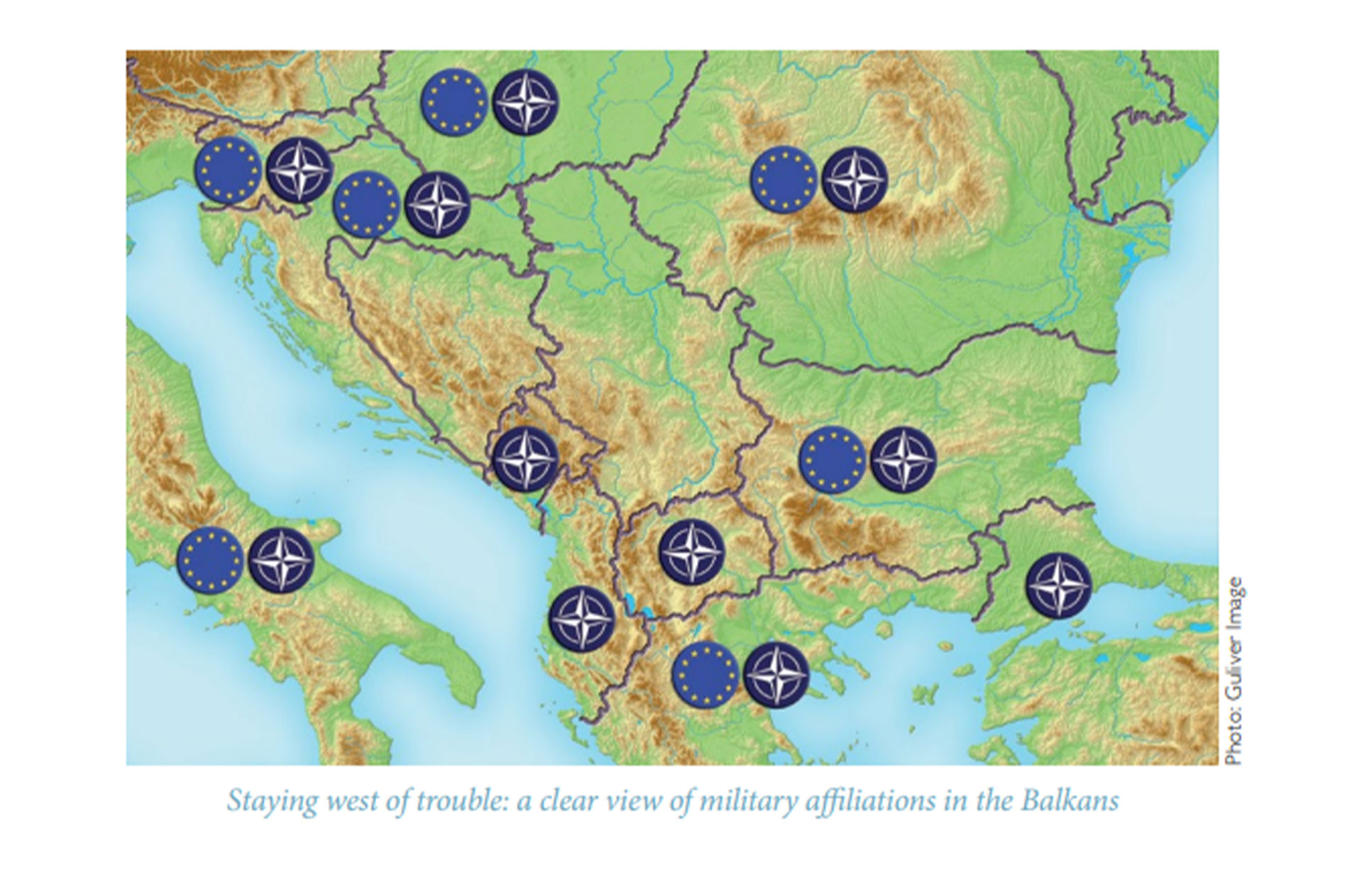 Dejan Jović is a Professor of International Relations at the University of Zagreb and Visiting Professor at the University of Belgrade. He is Chairman of the Zagreb-based Foreign Policy Forum and a member of the European Academy of Sciences and Arts. You may follow him on Twitter @DejanFpzg.
Dejan Jović is a Professor of International Relations at the University of Zagreb and Visiting Professor at the University of Belgrade. He is Chairman of the Zagreb-based Foreign Policy Forum and a member of the European Academy of Sciences and Arts. You may follow him on Twitter @DejanFpzg.
Irrespective of its final outcome, the war in Ukraine is likely to shape the global order for the foreseeable future. Major international wars do that and this one is no exception. It involves more than just Russia and Ukraine. As explained by all parties involved, this conflict is about political and security control over territories that matter to both the West and East—a concept that despite seeming obsolete, never truly went away. The conflict in Ukraine is also about what we prioritize in international politics.
Those who argue that security comes first and stands above all else might have a point—just as they did in the case of Yugoslav wars of the 1990s and the wars in Afghanistan and Iraq following the September 11th attacks. On the other hand, those who argue that authoritarian regimes are the main generators of international conflicts, can also exploit this case to reinforce their point. Liberal democracies apparently do not fight wars with each other. However, the question remains: how many liberal democracies are there in the post-communist, and especially post-Soviet, space?

The Ukraine war once again warns us against relying merely on hopes and wishful thinking. It reinforces the need for the international community to act preventively and take threats seriously. It is also a war of conflicting “official memories” and narratives about the past—which all sides use to portray their history as the more tragic one. Past grievances become preludes to conflicts that sometimes escalate into full-fledged wars.
History matters and so does geography. Where is the border of the West, if there is one at all? What is a legitimate expectation for our own zone of influence, if there should be any? Depending on its outcome, the war in Ukraine has a potential to shape the borders between the West and East in Europe. It might create a new map of Europe, which will either be united under its common values, socio-political practices, and institutions; or divided into its Western and Eastern parts. The continent could become even more fragmented, should differences within the EU become more visible and endanger the achievements of the enlargement policy. Although Brussels is not its direct participant, this war is about the future of the EU itself.
Consequences for the Western Balkans
Through all these aspects, the Ukraine war also continues to influence the political landscape of the Western Balkans. In formal terms, this region is not part of the EU. However, it is linked to it as a nearly inseparable appendix. Brussels expects the Balkans to act as if it were already in the EU, which entails following the EU’s lead on foreign and security policy despite having little to no say in it. Originally conceived as a “waiting room” for membership in the EU, the Western Balkans was meant to be a temporary entity. It was meant to be—to borrow an old Marxist phrase—a “transitory phase” between the old historical Balkans and a new reality in which the EU would complete its enlargement, turning the region into “Southeast Europe.” The Western Balkans was thus to disappear in the process of “Europeanization,” which is another name for “de-Balkanization.”







